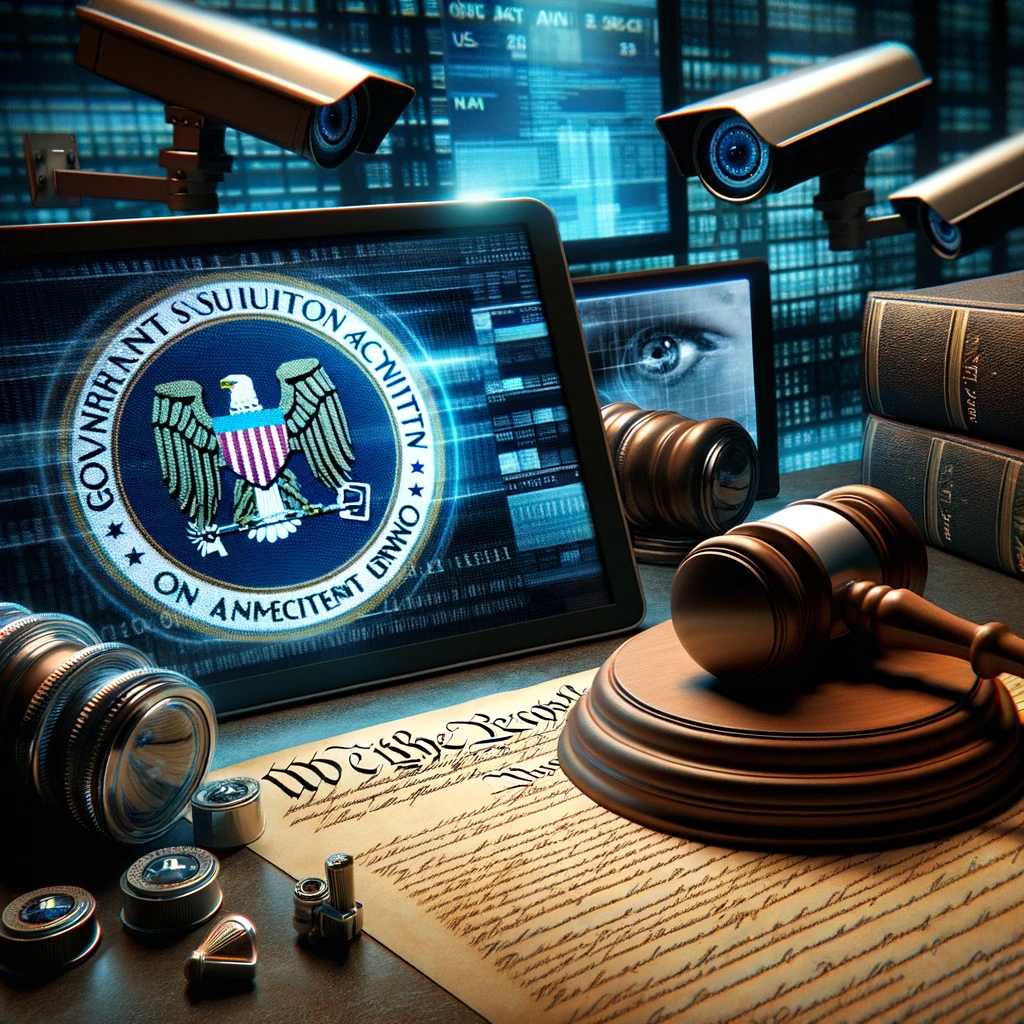
In the aftermath of the September 11 terrorist attacks, the United States witnessed significant legislative changes, notably the introduction of the Patriot Act. Designed to combat terrorism, this law expanded the government’s surveillance capabilities, including the National Security Agency’s (NSA) collection of telephone metadata. This move has sparked widespread debate regarding its constitutionality and alignment with American civil liberties.
Senator Rand Paul has been a vocal critic of such overreach, asserting on his website that “simply owning a cell phone does not mean you forfeit your constitutional rights“. The American Civil Liberties Union (ACLU) also challenged the legality of these surveillance activities, leading to the landmark case ACLU v. Clapper. The US Second Circuit Court ruled that the NSA’s metadata collection exceeded the boundaries set by Section 215 of the Patriot Act, although it stopped short of addressing the broader constitutional issues.
The appointment of federal judges, who serve for life, is another contentious issue, with appointments often reflecting the prevailing political ideologies. This has led to perceptions that many Supreme Court decisions are ideologically driven, despite federal judges being insulated from election pressures.
References:
- “End NSA Spying.” Rand Paul. End NSA Spying
- Strasser, M. R. (2017, June 05). “Fourth Amendment.” Cornell Law School. Fourth Amendment






